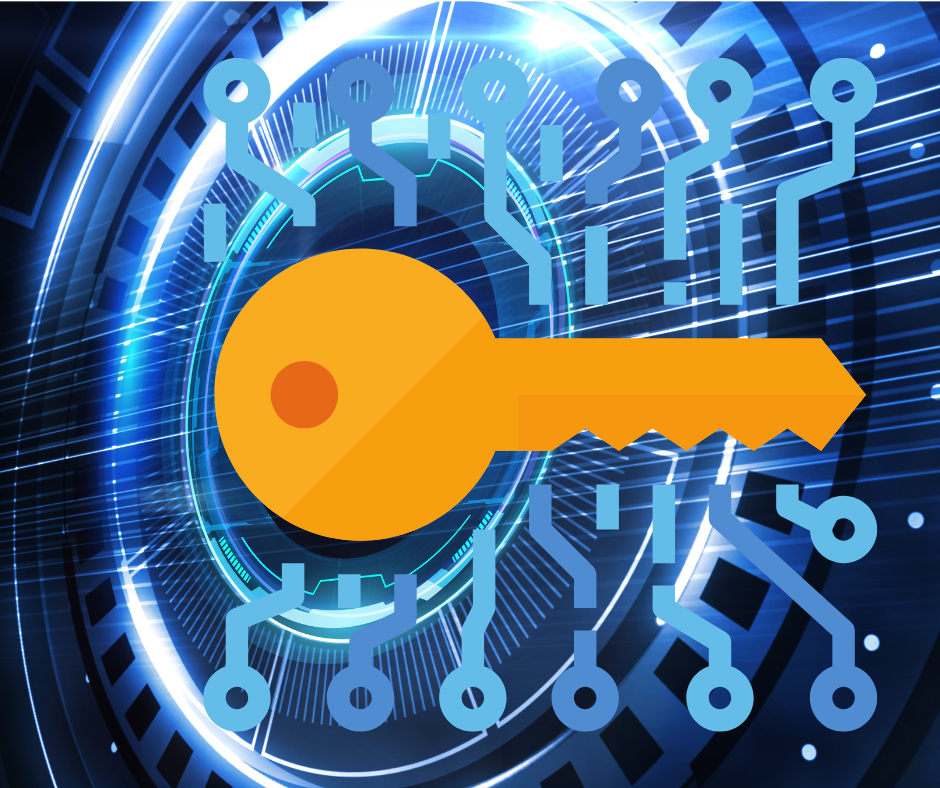How much should SMBs allocate to their cybersecurity budget?
In a time when large-scale commercial attacks make news, small and medium-sized enterprises (SMBs) may find it more straightforward to neglect...
2 min read
.jpeg) Michael Markulec
:
Aug 21, 2023 3:42:20 PM
Michael Markulec
:
Aug 21, 2023 3:42:20 PM

In today's interconnected digital world, the security of your small business is paramount. As a CEO, understanding and implementing effective cybersecurity measures is not just a technical consideration, but a vital component of your company's overall success. In this blog post, we'll explore the key steps you, as a small business CEO, should take to fortify your business against cyber threats.
Recognizing the Importance of Cybersecurity - Cybersecurity isn't just for large corporations; small businesses are equally susceptible to cyberattacks. The first step for any CEO is recognizing the critical importance of cybersecurity. A breach can lead to severe financial losses, reputational damage, and a loss of customer trust. It's not just about protecting data; it's about safeguarding your business's future.
Education is Empowerment - As a CEO, staying informed about the evolving cybersecurity landscape is essential. Attend seminars, workshops, and webinars to keep up with the latest threats and best practices. Knowledge empowers you to make informed decisions that can safeguard your business.
Assessing Risks for Informed Action - Conduct a comprehensive risk assessment to understand where vulnerabilities lie. This involves identifying potential entry points for cyberattacks, both from external threats like hackers and internal risks like outdated software. Prioritize these risks based on their potential impact.
Creating a Comprehensive Cybersecurity Policy - Developing a well-crafted cybersecurity policy is the backbone of your defense strategy. This policy should cover everything from how passwords are managed to the protocols for handling sensitive customer data. It sets the tone for a security-conscious culture across your organization.
Empowering Your Team - Your employees are your first line of defense. Educate them about phishing scams, password hygiene, and proper data handling practices. You're building a stronger defense against potential threats by instilling a security-conscious mindset.
Practical Implementation - Implement practical measures to bolster your defenses. Enforce strong password policies and ensure software updates are consistently applied. Use firewalls and encryption to secure networks and devices. Multi-factor authentication provides an extra layer of protection against unauthorized access.
Preparedness and Recovery Planning - Data loss can be devastating, but you can minimize downtime and loss with a solid data backup and incident response plan. Regularly backing up critical data and having a well-defined incident response plan are essential components of your cybersecurity strategy.
Constant Vigilance - Invest in cybersecurity tools that monitor network activity for unusual patterns. Intrusion detection systems and security information and event management (SIEM) tools are valuable in promptly identifying and responding to threats.
Trusting Third-Party Partners - Cybersecurity doesn't stop within your company's walls. Ensure your third-party vendors and partners adhere to robust cybersecurity practices. Weaknesses in their systems could become avenues for attackers to exploit.
Continuous Improvement - Regular cybersecurity audits and assessments are essential to stay ahead of emerging threats. A proactive approach allows your business to adapt and enhance its security posture.
Cultivating a Culture of Security - Lastly, emphasize a security culture within your organization. Encourage open communication about security concerns and initiatives. When every employee understands their role in maintaining a secure environment, your defenses become even stronger.
In conclusion, cybersecurity is not an option but a necessity for small businesses. Understanding its significance, educating yourself, and following these steps can create a robust defense against cyber threats. Protecting your business, customers, and stakeholders requires a proactive and comprehensive approach to cybersecurity.

In a time when large-scale commercial attacks make news, small and medium-sized enterprises (SMBs) may find it more straightforward to neglect...
.png)
In today's digital age, small businesses are increasingly becoming prime targets for cybercriminals, making robust cybersecurity measures more...

As Cybersecurity Awareness Month comes to a close, the importance of cybersecurity in today's digital age cannot be overstated, especially for...